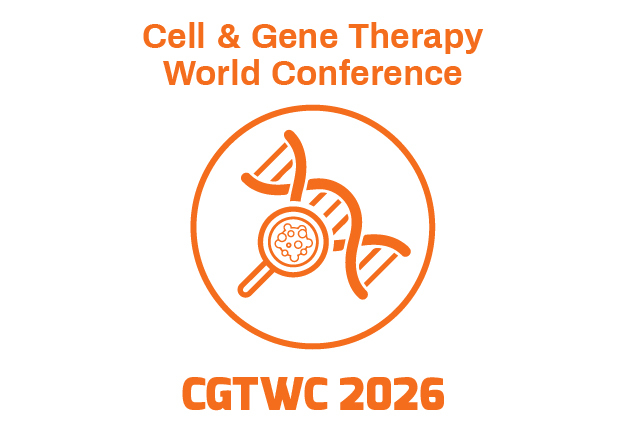Speakers - 2025

Cunen Wu
Cunen Wu
- Designation: Department of Oncology, Affiliated Hospital of Nanjing University of Chinese Medicine, Jiangsu Province Hospital of Chinese Medicine
- Country: China
- Title: Integrated Single Cell and Spatial Transcriptomics Reveal NKT Th1 Axis and Derive a Predictive Score for Immunotherapy in Colorectal Cancer
Abstract
Background: Colorectal cancer (CRC) is one of the most prevalent malignancies globally, yet only a small subset of patients—typically those with microsatellite instability-high (MSI-H) or mismatch repair deficiency (dMMR)—benefit predictably from immune checkpoint inhibitor (ICI) therapy. The lack of effective biomarkers for predicting immunotherapy response in microsatellite stable (MSS) CRC necessitates the identification of novel immune-related predictors.
Methods: We integrated single-cell RNA sequencing (scRNA-seq) and spatial transcriptomics (ST) to investigate the immune microenvironment of CRC, focusing on natural killer T (NKT) and T helper 1 (Th1) cells. One scRNA-seq dataset (n=27,414 cells) was analyzed to identify T cell subpopulations and their pseudotime trajectories. ST data were used to study spatial co-localization and interaction between NKT and Th1 cells. Cell-cell communication was inferred using CellChat. Gene expression data from TCGA, GEO, and IMvigor210 were used to construct and validate an NKT and Th1 cell-related gene (NTRG) score. Associations with survival, immunotherapy response, somatic mutations, and drug sensitivity were evaluated.
Results: We identified six major immune cell subsets and found that high infiltration of NKT and Th1 cells was associated with improved overall survival (OS) and better immunotherapy response in CRC patients. Pseudotime and spatial analysis revealed that NKT and Th1 cells are co-localized and interact via the COLLAGEN-CD44 signaling pathway. Seven key genes (BGN, COL1A1, COL1A2, IGFBP7, KLRC1, LUM, SPARC) were selected to build the NTRG score. High NTRG scores correlated with poor OS but greater immunotherapy sensitivity in multiple datasets. Higher scores were associated with elevated microsatellite instability, increased mutation burden, and specific immune infiltration profiles. Immunohistochemistry validated differential expression of NTRG genes in CRC tissues and their association with therapeutic response.
Conclusion: This study reveals the crucial role of NKT and Th1 cell interaction in CRC immune regulation and proposes the NTRG score as a robust biomarker for predicting immunotherapy efficacy and prognosis. The integrated multi-omics approach provides a new framework for precision immunotherapy in CRC.
Keywords: immunotherapy, predicting tool, NKT and Th1 cell related genes, single-cell and spatial transcriptomics, colorectal cancer

